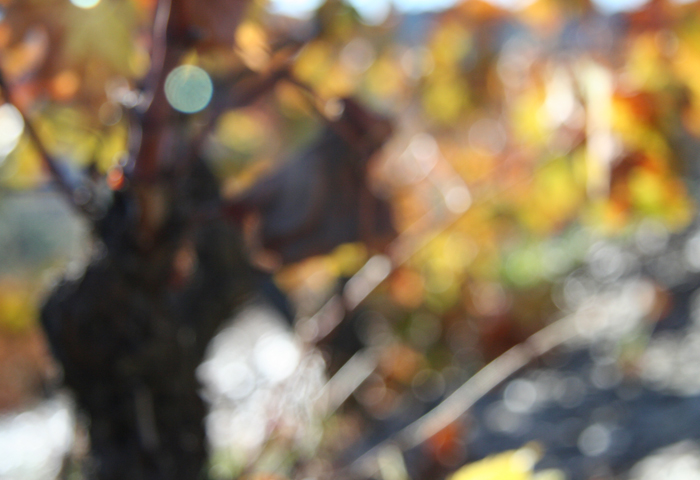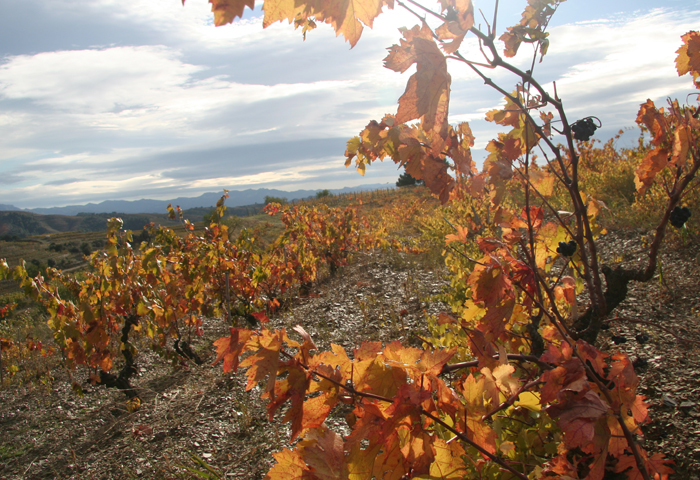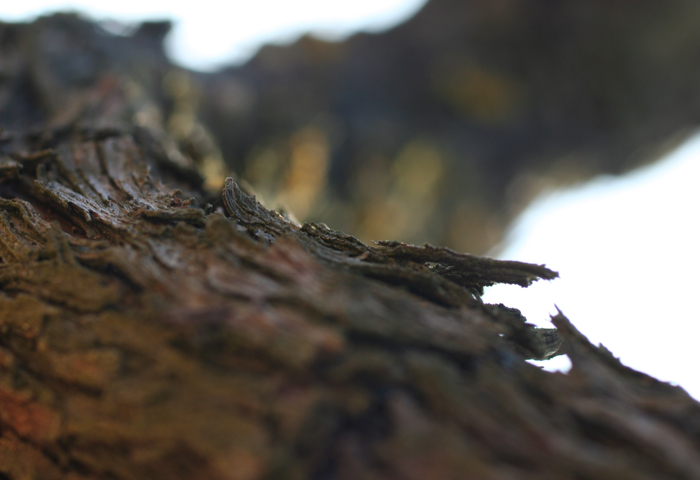Form to the Formless
Reflection No. 15
The language of the senses is not communicated through words. We try so hard to find the right nouns and adjectives to express a flavor, a smell, a memory, but, as Hugh Johnson so aptly put it, “words follow lumberingly after the clear, precise, yet indefinable impressions of the tongue.” Wine speaks in a language that has no form. And yet, no other fruit can express the distinction of its origins more than a grape that has become wine.
The better the growers know their vines, the more time spent with them, the more the vines will reveal. It is an intimate relationship, which when transmuted to wine becomes a story of nature, culture and history. The vines’ experience is delivered through the senses in an intuitive language, not an intellectual one. Wine is so much more than ratings, pH balance or discerning a red or black fruit.
The deeper experiences of wine remain elusive not because we lack vocabulary, but because we lack the ability to surrender to our senses long enough to remember what we know. When a wine is made with deference to nature, it tells you something about the lives of the vines and the people who care for them. Taste wine as if your palate had eyes, as if everything in life is animate, waiting for you to acknowledge it. Your senses can take you on journeys that will give form to all that otherwise remains formless.




